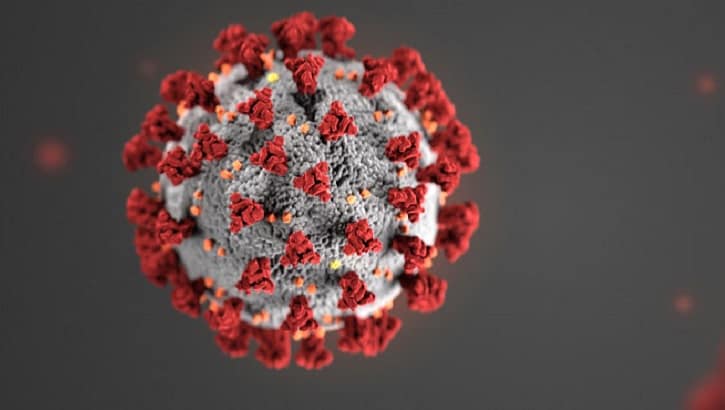Mindwise editor-in-chief, Dr Jeremy Burman, shares some of his experiences discussing AI policy over the last few years, and invites a broader discussion about how we might respond.
What are we doing when we write? Surely we are creating something – or… are we? Eric Rietzschel is not so sure anymore. Reflecting on recent developments in AI and our teaching, he argues that the process is at least as important as the product.
This post introduces the concept of Linguistic Bodies, the analysis of expressive writing from complexity science, and how it can be linked to Personality and Depression.
Prof dr Casper Albers reflects on the numbers, and the rhetoric, of the corona crisis. (How do you tell the truth in a way that’s helpful both to the public and to policy-makers?)
Dr Burman decided to write several dozen haiku about the History of Psychology. For fun. As part of his Christmas vacation. Here, he also used the challenge of navigating the poetic constraints of its formalism to reflect on writing and creativity.
Don van Ravenzwaaij, Casper Albers, Maarten Derksen and Rink Hoekstra discuss how statistical misreporting can be propagated by experts. (Part 2 of our series on citation practices in psychology.)
“So, what do you actually do in your PhD?” Casual questions like this can be surprisingly hard to answer for PhD students. This is because we are trained to write for scientific journals and give conference talks, not to explain our ideas at family reunions or over drinks and loud music. But they are good […]
I decided to write this blog about writing and citing after stumbling upon a phantom article – a cited article on how to write that does not actually exist, but nonetheless has been cited hundreds of times.
Did you know that you could take the master-level Writing Skills course even if you aren’t enrolled in the Reflecting on Psychology master programme?
How to deal with the numbers game in academia? After defending her PhD in December 2017, Mandy reflects on why numbers (of publications, grants) are so important in academia, and gives concrete advise for (starting) academics who need to deal with this issue.









